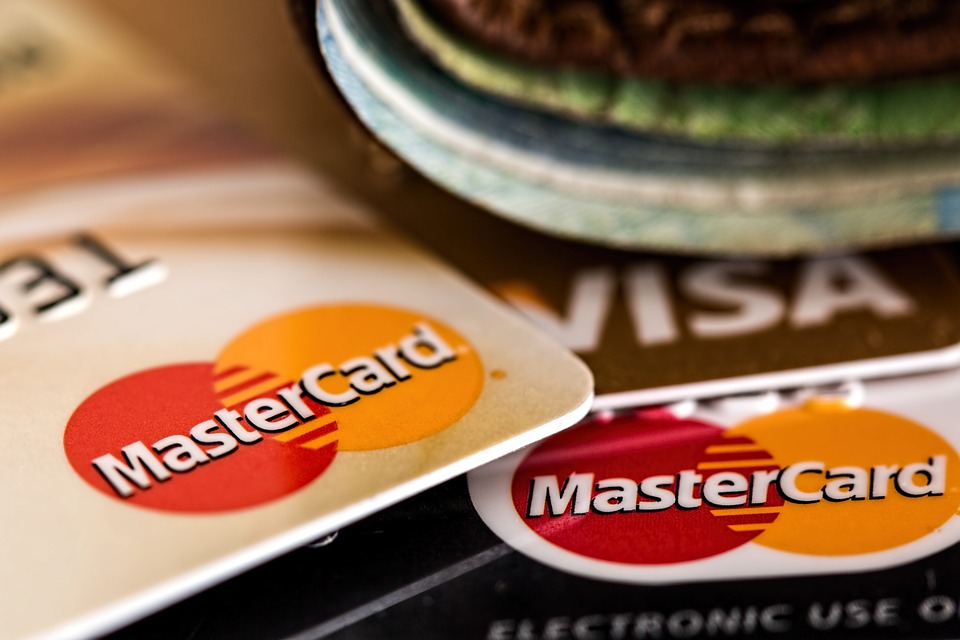As the holiday season approaches amidst rising interest rates and continued high inflation, the average retail credit card annual percentage rate (APR) hit a record high of 26.72%, up from 24.35% last year, according to CreditCards.com’s annual Retail Credit Cards Study. Using the same methodology (averaging the midpoints of APR ranges), the average general-purpose credit card currently charges 22.66%.
[The full study is at: https://www.creditcards.com/statistics/retail-store-credit-card-survey/.]
The average retail co-branded card charges 25.01% (up from 22.12% last year).
The highest retail credit card APR could run as high as 30.74% on the Speedy Rewards Mastercard, the Kroger Rewards World Elite Mastercard and credit cards offered by nine of Kroger’s affiliated brands (for example, King Soopers and Ralphs). Some cardholders, however, are charged lower rates (as low as 17.74% on the Kroger cards and 24.74% on the Speedway card).
There are 24 retail credit cards that charge 29.99% to all cardholders who carry balances (almost all of which are store-only cards). These include Big Lots, BrandSource, Burlington, Dick’s Sporting Goods, Discount Tire, Jared, Kay Jewelers, Piercing Pagoda, QVC, TJX, Wayfair and Zales.
“From a consumer perspective, 29.99% is an astronomical rate,” said Ted Rossman, Senior Industry Analyst at CreditCards.com. “If you charged $1,000 and only made minimum payments at 29.99%, you would be in debt for 51 months and would end up paying a total of $775 in interest. Consumers may want to be more thoughtful about their retail card applications — last year, we found 68% who had applied for a retail card had done so impulsively at least once.”
The lowest average retail credit card APRs are advertised by the Amazon Secured Card (10%), the Military Star Card (13.99%) and the Costco Anywhere Visa by Citi (18.24%). Several cards in the study offer ranges for cardholders that can significantly vary according to the cardholder’s creditworthiness, such as Apple Card (13.99% to 24.99%), the Capital One Walmart Rewards Mastercard (17.99% to 26.99%) and the Home Depot Consumer Credit Card (17.99% to 26.99%).
This year’s interest rate hikes are potentially costing retail credit cardholders about $1.6 billion in additional interest charges, Rossman says (assuming minimum payments on the $64.9 billion in total outstanding balances on private label cards, which is according to Equifax).
Deferred interest promotions can also be a major “gotcha” regarding retail cards, as many store cards offer 0% interest promotions, but phrase them as “deferred interest.” This means that if cardholders fail to pay the entire balance before the due date, they will be charged retroactively for all the interest that would have accumulated. This policy is common on retail cards, but not on general-purpose cards.
“There’s a good chance you’ll be offered a retail credit card this holiday season,” Rossman added. “Don’t get pressured into making a bad decision at the checkout counter. For starters, any rewards would only be worthwhile if you can pay your bills in full and avoid interest. You also need to shop at the store pretty often for the rewards to be worth it. In many cases, it would be better to get a general-purpose credit card instead. These tend to offer more flexibility, more generous rewards, and better interest rate promotions.”
Thanks for reading CPA Practice Advisor!
Subscribe Already registered? Log In
Need more information? Read the FAQs
Tags: Accounting, Financial Planning




